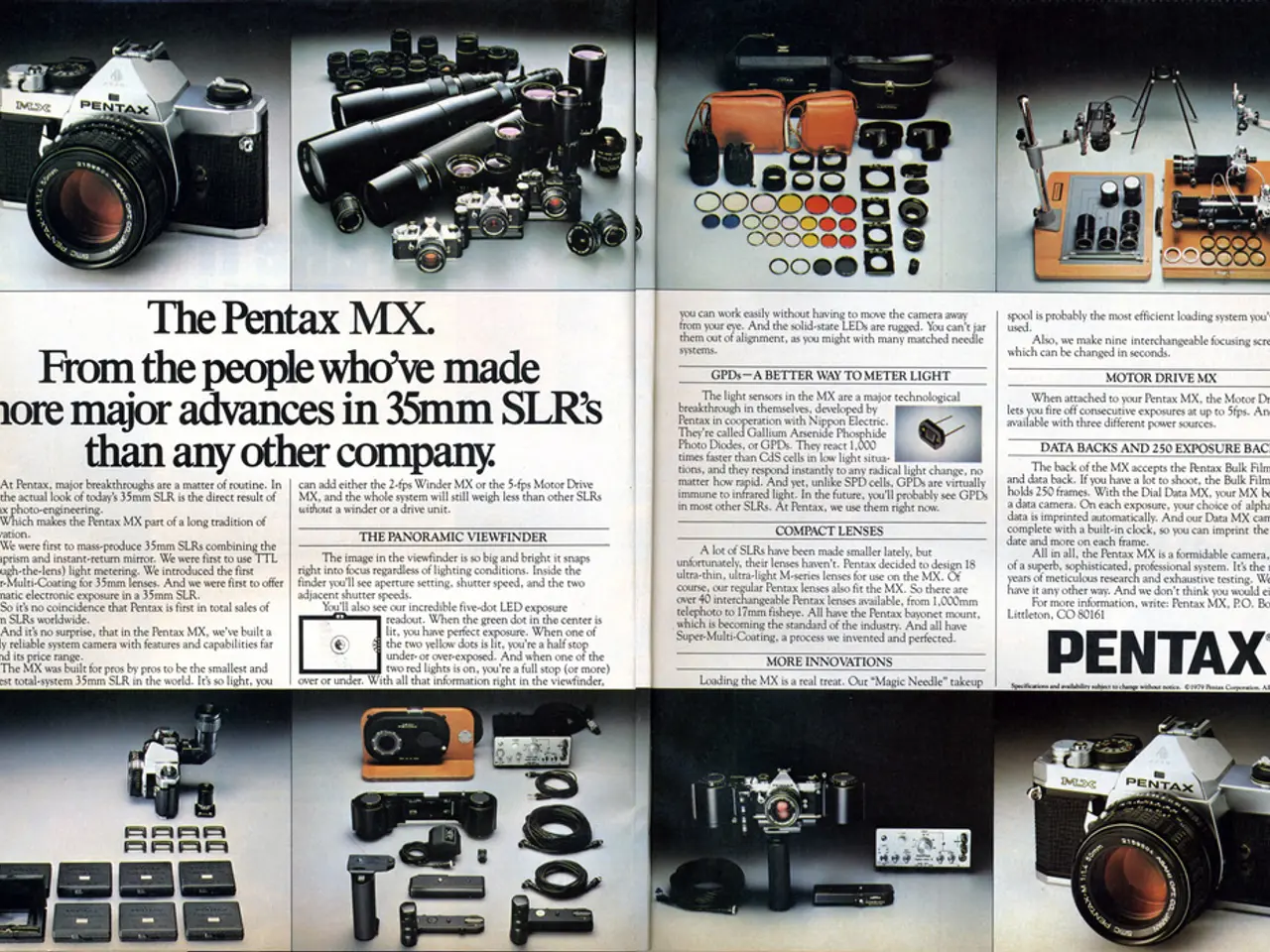Microsoft Store on Windows 11 has become a crucial app store to utilize in 2025
Microsoft Store Transforms into a Vibrant App Marketplace
In recent years, Microsoft has made significant changes to its app marketplace, the Microsoft Store, transforming it into a more useful and competitive platform for Windows users.
The Microsoft Store now offers a wider selection of apps than ever before, including major browsers like Firefox and Opera, creative tools such as Adobe Creative Cloud and OBS Studio, and popular services like Apple Music, Discord, Slack, Spotify, Paint.NET, Audacity, and Telegram. Even ChatGPT, Brave, and Telegram can be found in the Microsoft Store.
One of the key factors behind this transformation is the expansion of app support. Microsoft has allowed traditional Win32 desktop applications, in addition to Universal Windows Platform (UWP) apps, onto the Store. This shift enables developers to publish more types of apps while reaching Windows users through one unified platform.
Moreover, Microsoft has relaxed some restrictions around app packaging and monetization models, making it easier for developers to bring their apps to the Store without heavy modification or platform constraints. This move has encouraged more developers to submit their apps, leading to a more diverse and expansive app ecosystem.
Improvements in the Store's user experience have also played a crucial role in its transformation. Enhancements such as easier app discovery, better app quality control, and integration with Windows features have made the Store more user-friendly and reliable for app search and installation.
Microsoft has also introduced lower commission fees on app sales and support for alternative payment systems, providing incentives for developers to submit their apps to the Store.
The Microsoft Store came into its own with the launch of Windows 11, and it underwent significant improvements and was redesigned during the lifecycle of Windows 10. The UI of the new Microsoft Store is fast, fluid, and dynamic, using native Windows UI frameworks.
Interestingly, Google Chrome is the only major app not currently available in the Microsoft Store. However, the Store handles app updates, making it easier to keep a Windows PC up to date, and it is now safer than web search engines for finding and downloading apps, as it surfaces officially listed store apps for developers.
The Microsoft Store now supports developers hosting their apps on their own servers while still being listed in the Store. This open-platform approach has allowed the selection of apps to expand exponentially.
In conclusion, the changes made to the Microsoft Store have transformed it from a limited, UWP-focused storefront to a more open and versatile marketplace that better serves Windows users’ needs by providing a wider selection of apps, easier access, improved reliability, and better developer engagement. Microsoft's strategic push to compete with Apple's App Store and Google Play by embracing a broader app ecosystem and developer friendliness is evident in these changes. The Microsoft Store is now considered a useful app marketplace for Windows users.
- The expanded selection of apps in the Microsoft Store now includes popular gaming titles for Windows 11, such as Minecraft, Forza Horizon 4, and Dota 2.
- With the increasing popularity of PC gaming, Microsoft added Xbox app to the Microsoft Store, allowing users to play Xbox games on their Windows 10 desktop and even stream Xbox Series X games.
- In addition to gaming, the Microsoft Store features various software categories like photo editing, video editing, and music production, catering to both professional and amateur users.
- Microsoft has continually updated the store to offer seamless integration with other technology gadgets, ensuring smooth sync between a user's Xbox console, PC, and mobile devices.
- The Microsoft Store is not just a platform for Windows users but serves as a one-stop-shop for gadget enthusiasts who utilize Microsoft software and technology solutions.
- In an attempt to keep up with the dynamic technology landscape, Microsoft has made the Microsoft Store more accessible and developer-friendly, positioning it as a competitive alternative to Apple's App Store and Google Play.




